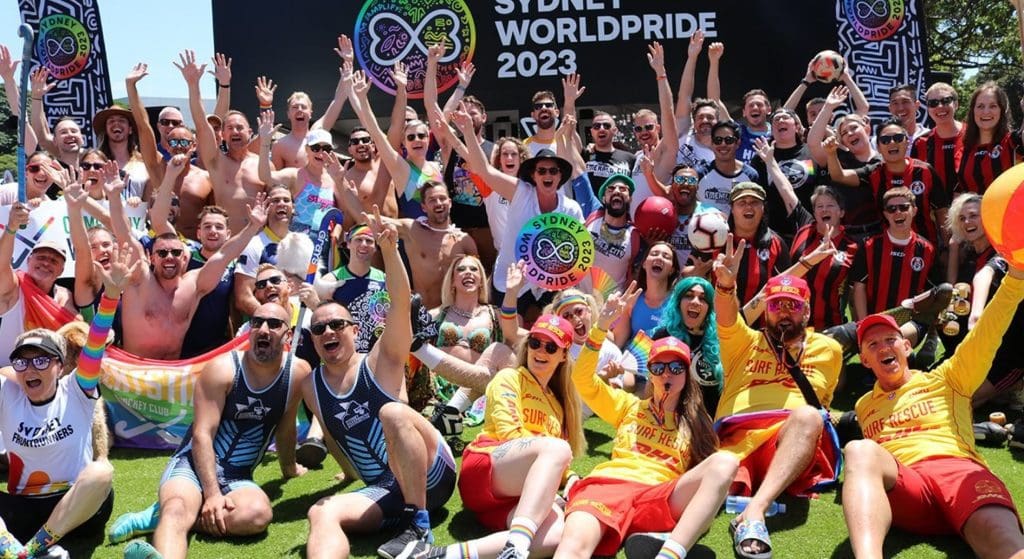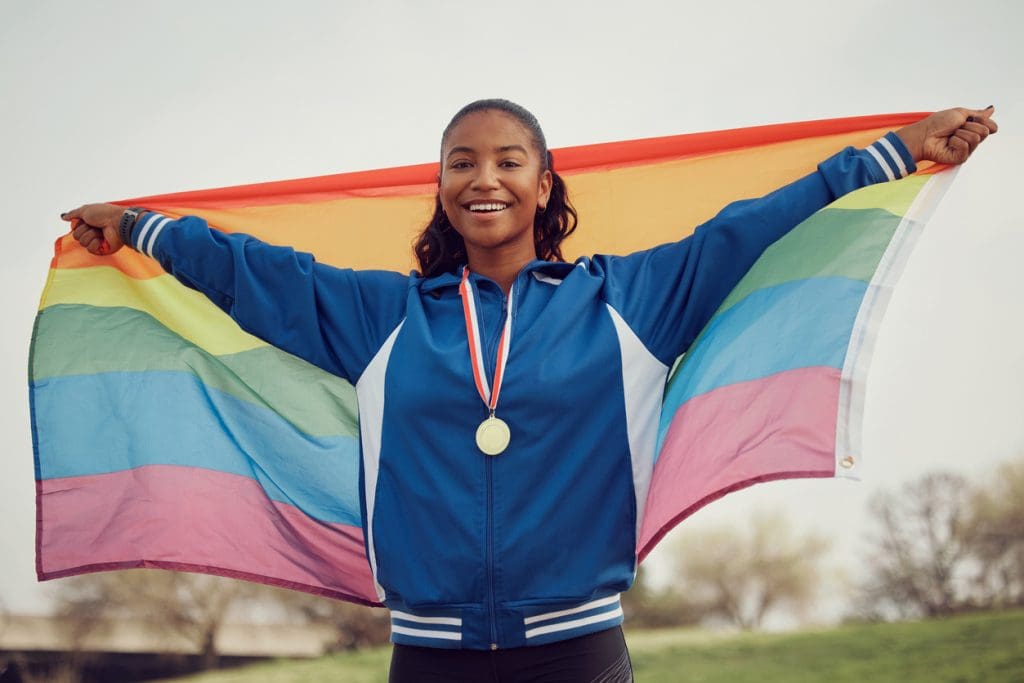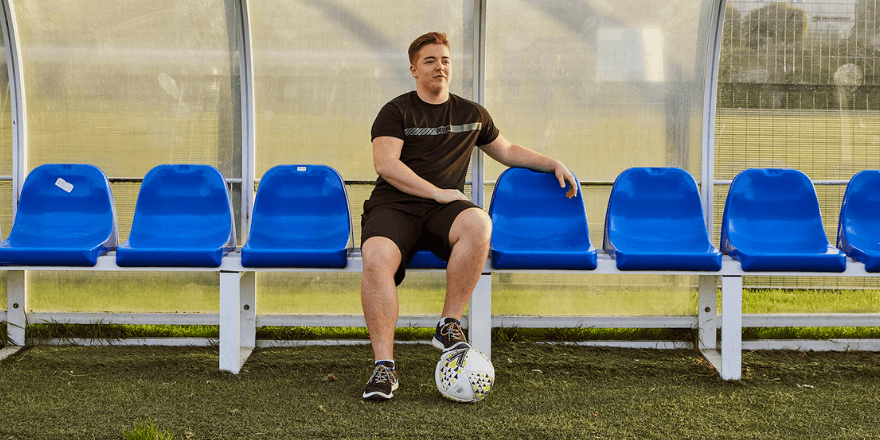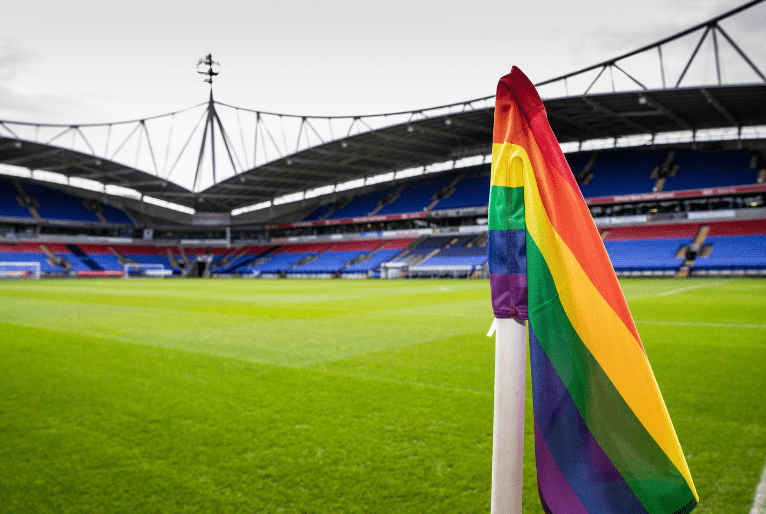The Role of LGBTQIA+ Sports Events in Tourism
Boosting Tourism through Inclusive Sports Events

Explore the growing influence of LGBTQIA+ sports events in the tourism sector, their impact on local economies, and the importance of inclusivity in sports.
The world of sports has long been a platform for unity and camaraderie, transcending boundaries and bringing people together. In recent years, the rise of LGBTQIA+ sports events has added a new dimension to this dynamic, contributing significantly to the tourism sector. These events not only promote inclusivity and diversity but also stimulate local economies, making them a vital aspect of the tourism industry.
LGBTQIA+ sports events are more than just competitions; they are platforms for empowerment, visibility, and acceptance. They provide a safe space for athletes from the LGBTQIA+ community to showcase their skills and passion, free from discrimination and prejudice. These events also attract a diverse audience, including allies and supporters, thereby fostering a sense of community and solidarity.
Breaking Down Barriers in Sports

Like many minority groups, the LGBTQIA+ community has often faced discrimination and exclusion, particularly in sports. However, the rise of LGBTQIA+ sports events is challenging these barriers, creating a more inclusive and welcoming environment. These events are not only about competition but also about raising awareness and promoting acceptance and equality.
The impact of these events extends beyond the sports field. They stimulate local economies by attracting tourists, generating revenue, and promoting local businesses. Moreover, they contribute to the positive image of the host cities as inclusive and welcoming destinations, enhancing their appeal to diverse groups of tourists.
The Power of Inclusion

The success of LGBTQIA+ sports events in promoting tourism underscores the importance of inclusivity in sports. It highlights the need for sports organizations, clubs, and athletes to actively support and promote diversity and inclusion. This includes implementing inclusive policies, providing support for LGBTQIA+ athletes, and using their platform to advocate for equality.
The Role of Stakeholders

The promotion of LGBTQIA+ sports events and their impact on tourism is a collective effort. It involves various stakeholders, including sports organizations, local businesses, and the community. Sports organizations play a crucial role in organizing and promoting these events, while local businesses benefit from the influx of tourists. The community, including both locals and visitors, creates a welcoming and inclusive atmosphere, contributing to the overall success of these events.
As we look towards the future, the role of LGBTQIA+ sports events in tourism is set to grow even further. The continued success of these events hinges on the collective efforts of all stakeholders. By promoting inclusivity, supporting LGBTQIA+ athletes, and leveraging these events to boost tourism, we can create a more inclusive and welcoming world of sports.
In the end, the rise of LGBTQIA+ sports events in tourism is not just a positive trend—it’s a powerful testament to the transformative power of sports. It’s a reminder that sports can be a platform for change, a tool for promoting diversity and inclusion, and a catalyst for economic growth. And as these events continue to grow and evolve, they will undoubtedly continue to shape the landscape of sports and tourism in the years to come.

Comments are closed, but trackbacks and pingbacks are open.